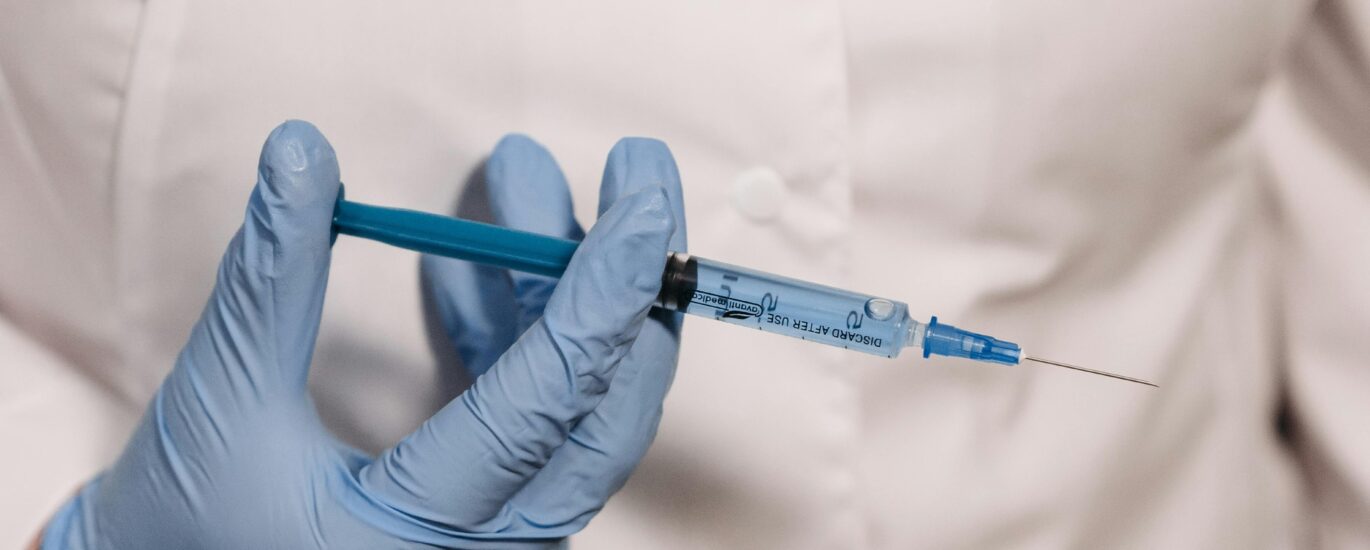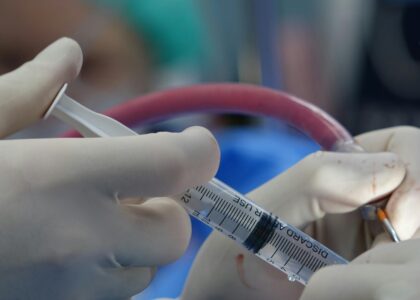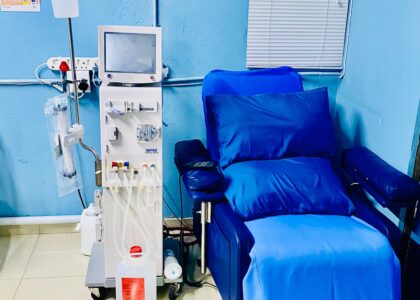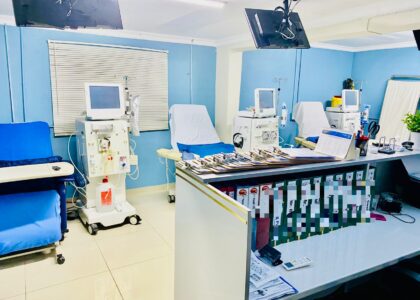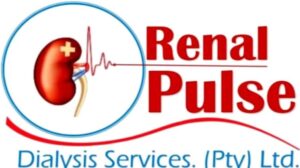Chronic hemodialysis (CHD) is a type of dialysis treatment that provides life-sustaining support for patients with end-stage renal disease (ESRD). In this blog, we will explore the role of CHD in managing ESRD and its benefits.
*What is Chronic Hemodialysis (CHD)?*
CHD is a type of dialysis treatment that uses a machine to filter waste products and excess fluids from the blood. It is typically used for patients with ESRD, who require ongoing treatment to sustain life.
*Benefits of CHD*
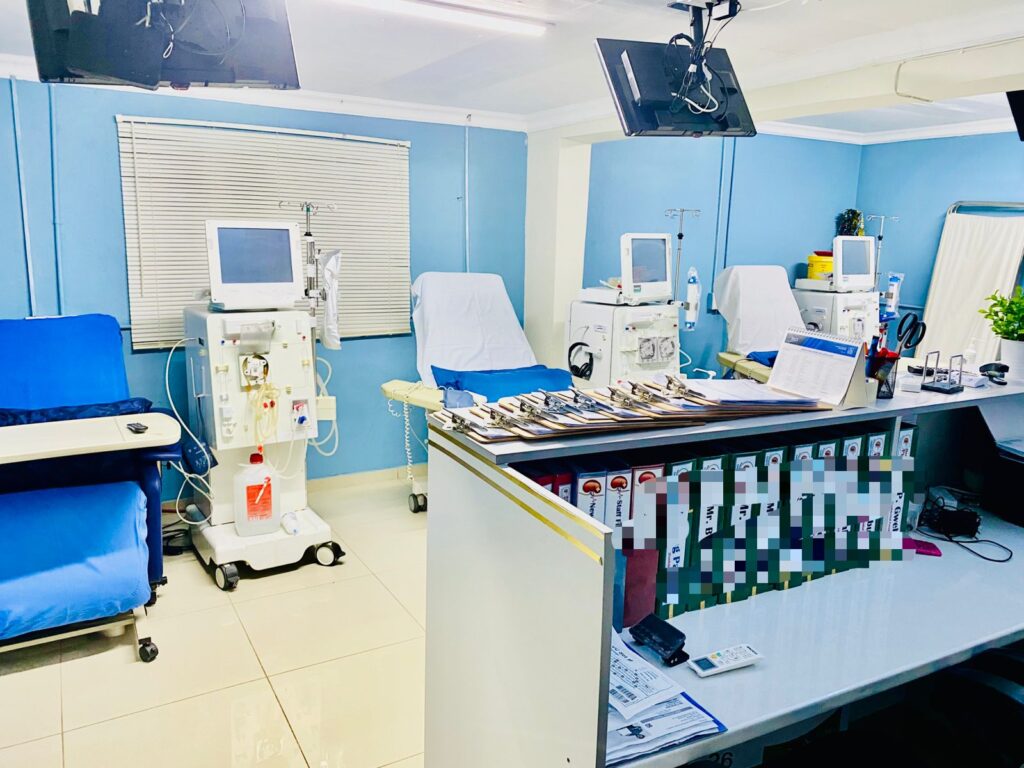
CHD provides several benefits, including:
1. *Improved survival*: CHD can improve survival rates for patients with ESRD.
2. *Reduced symptoms*: CHD can help reduce symptoms associated with ESRD, such as fatigue, nausea, and shortness of breath.
3. *Improved quality of life*: CHD can improve the overall quality of life for patients with ESRD, allowing them to engage in daily activities and maintain some level of independence.
*Types of CHD*
There are several types of CHD, including:
1. *In-center hemodialysis*: Patients receive treatment in a dialysis center.
2. *Home hemodialysis*: Patients receive treatment in their own homes.
3. *Nocturnal hemodialysis*: Patients receive treatment at night, while they sleep.
*What to Expect During CHD*
During CHD, patients can expect:
1. *Regular treatments*: CHD typically requires regular treatments, 3-4 times a week.
2. *Vascular access*: CHD requires vascular access, which can be a challenge for some patients.
3. *Monitoring*: Patients undergoing CHD require close monitoring to ensure the treatment is effective and to prevent complications.
*Living with CHD*
Living with CHD requires a significant lifestyle adjustment, but with the right support and care, patients can lead fulfilling lives. It’s essential to:
1. *Follow a healthy diet*: A healthy diet can help manage symptoms and improve overall health.
2. *Stay hydrated*: Adequate hydration is essential for patients undergoing CHD.
3. *Manage stress*: Stress management techniques, such as meditation or yoga, can help improve overall well-being.
*Conclusion*
CHD is a life-sustaining treatment for patients with ESRD, providing essential support and improving quality of life. By understanding the role of CHD in managing ESRD, patients and healthcare providers can work together to develop effective treatment plans and improve patient outcomes.
*Take Action*
1. *Seek medical attention*: If you or a loved one is living with ESRD, seek medical attention to discuss treatment options.
2. *Stay informed*: Educate yourself on CHD and ESRD to better understand the treatment options.
3. *Work with your healthcare team*: Collaborate with your healthcare team to develop a treatment plan that meets your individual needs.
By working together, we can improve patient outcomes and provide the best possible care for those affected by ESRD.


